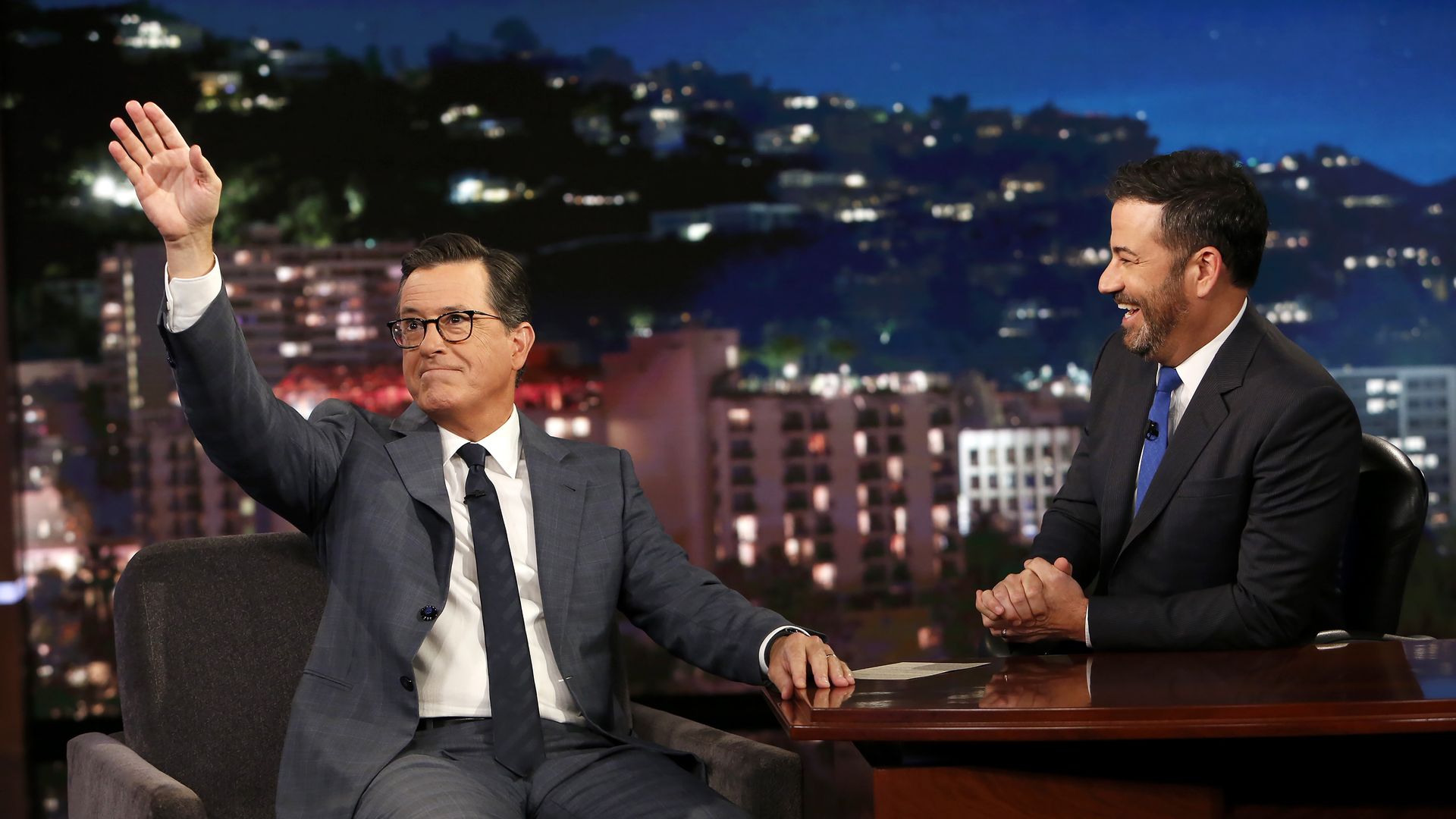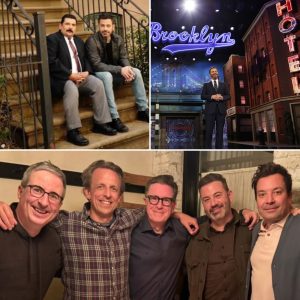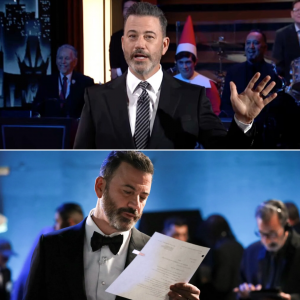Stephen Colbert has never been one to shy away from defending late night’s freedom of speech. But when Jimmy Kimmel Live! was pulled off the air by ABC after comments Jimmy Kimmel made about the tragic shooting of Charlie Kirk, Colbert called it out as something more than a network decision — he called it a warning sign. Now, after the show has been reinstated, Colbert is celebrating what he sees as the conclusion of a dark chapter — one that threatens to bend comedy and commentary to fear.
What Kicked This Off
Here’s the sequence of events that shook up late night television:
On September 15, Jimmy Kimmel used his Jimmy Kimmel Live! show to address the death of Charlie Kirk, a conservative commentator who was fatally shot at a campus event. Kimmel voiced criticism about how political actors, including those aligned with Kirk, were trying to spin the narrative, particularly regarding the suspect being labeled as from the “MAGA gang.”
Kimmel’s remarks were viewed by some as polarizing, and by others as timely commentary. Regardless, the very next week ABC pulled Jimmy Kimmel Live! off air “indefinitely,” citing that the comments were “ill-timed and thus insensitive,” and that the show’s suspension was necessary to avoid inflaming tensions further.
The removal touched off a wave of debate among audiences and industry watchers: about free expression, political pressure, the role of networks, and where the boundaries lie when a commentator crosses them — intentionally or not.
Colbert Weighs In: “Blatant Censorship”
Into that maelstrom stepped Stephen Colbert. On The Late Show, Colbert didn’t act like a bystander. He described ABC’s suspension of Kimmel as “blatant censorship.”
During a recent episode taping, Colbert said:
“With an autocrat, you cannot give an inch.”
“Jimmy, I stand with you and your staff 100 %.”
He expressed both relief and vindication when ABC later confirmed that Jimmy Kimmel Live! would return on Tuesday, September 23. For Colbert, it wasn’t just happy news. It was proof that pressure — from viewers, from peers in late night, from those raising alarms about overreach — can matter.
What Returning Means (And What Still Lurks)
The reinstatement of Jimmy Kimmel Live! is a relief to many—but it does not erase the tension. The return carries its own questions, unresolved concerns, and warning signs.
Will the show be exactly as before? Or will there be self-censorship, change in tone, or editorial restraint because of fear of future suspension?
What about ABC affiliate stations that preempted or refused to air the show? Some have said they will continue not to air Kimmel in certain markets. The reach is recovering, but fractured.
How much did public pressure, celebrity letters, or complaints push Disney to reverse the decision? And what does that say about how much the average viewer can influence media landscape?
For Colbert, this moment was also personal. His own show has been canceled by CBS and is set to end in mid-2026. He’s in a period of transition. Watching Kimmel return, praising the show’s staff, celebrating the moment, he also used the opportunity to underscore that even if your voice is threatened, standing by principle matters.
Colbert’s Tone: Humor, Anger, Hope
The way Colbert discussed all this combined many things:
Humor, because that’s his language. Calling the suspension a “long national late-nightmare.” Making jokes about only being the last show still “not canceled.”

Anger, because he feels decisions like the suspension are weak and dangerous if normalized.
Solidarity, with Kimmel and his staff. With the idea that late-night hosts stand together when lines are threatened.
Hope, that reinstatement means there is still room for conversation, still room for controversy, still room for speech even when things get messy.
The Bigger Picture: What This Means for Late Night, Media, & The Public
For audiences in the 25–44 bracket—people who grew up watching late night, who expect hosts to push boundaries, who also expect accountability — this moment hits in a unique way. You remember when jokes could be edgy. When news commentary was raw. When networks tolerated discomfort as part of the bargain.
Here are some of the broader implications to watch:
Will hosts adjust their monologues, knowing that one line could get someone pulled off air?
Will there be more internal or external regulation of on-air commentary, making “safe zones” around certain themes?
Will viewers become more active — using social media, petitions, letters — to protect shows they like, or pressure networks when they feel free speech is under threat?
What happens to those shows in areas where affiliate stations refuse to air them? Does that create uneven access to programming based on geography or station politics?
Closing Thoughts: Why Colbert’s Reaction Resonates
In the end, Colbert’s response matters not just because he’s a peer and a big name, but because it reflects what many viewers are thinking but unable to say openly. That when speech is punished, even temporarily, we lose more than programming; we lose fragments of what makes media meaningful: its ability to question, to challenge, to comfort, to rile, to provoke.
For now, Jimmy Kimmel Live! is returning to air. For those who care about late night, that is big news. It’s a win for Kimmel, certainly. For his staff. For viewers who felt something important had been taken away. And for Colbert, it’s a moment to stand up, to use humor and outrage and empathy, and to remind everyone that censorship isn’t always loudest when doors slam—it’s often loudest in the silence that follows.
Because when a show comes back after being pulled, what people remember isn’t just what was said — it’s what was allowed to be heard.






